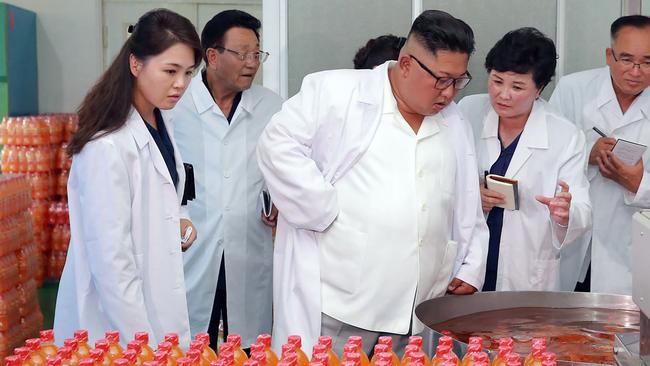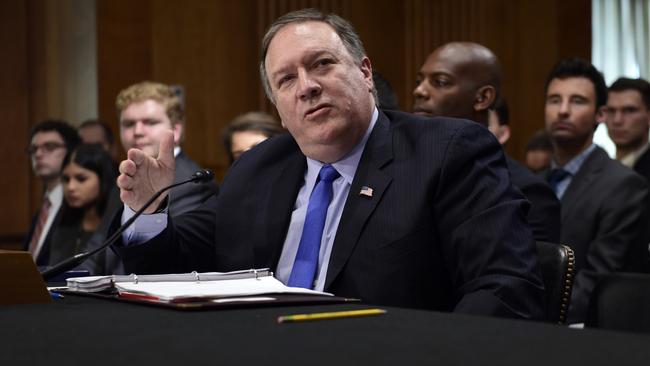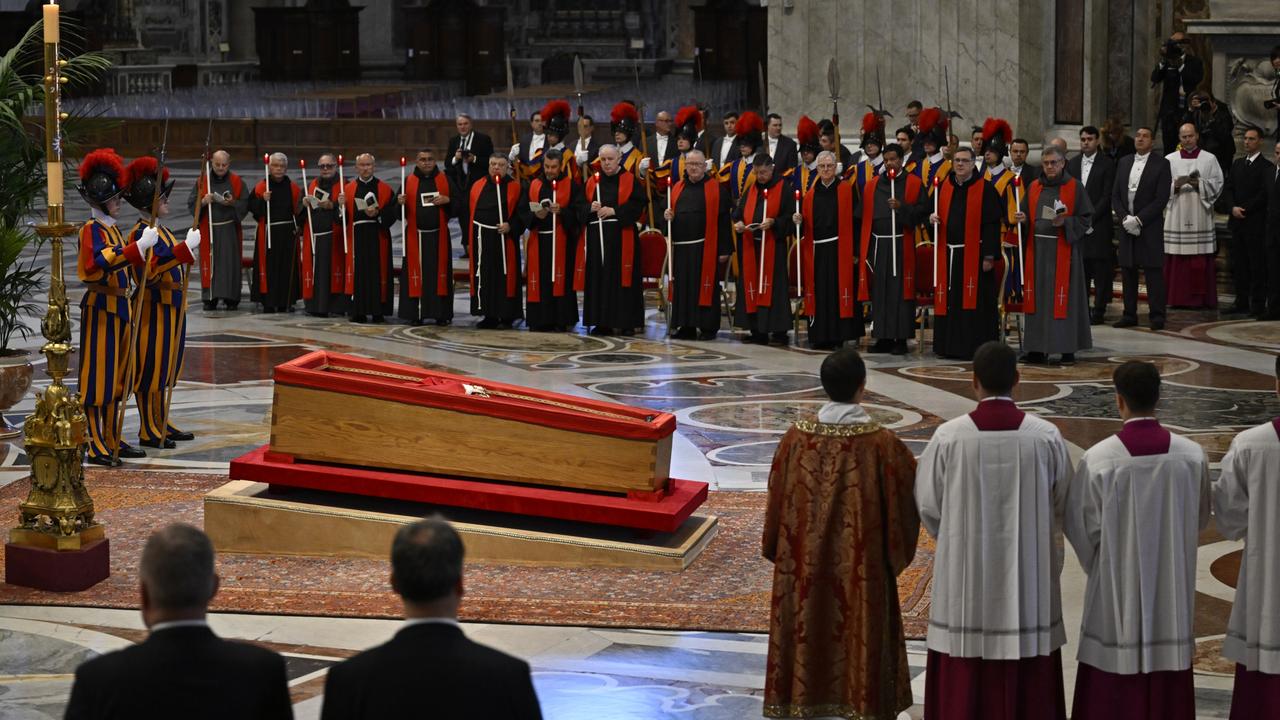Kim set to start release of American war remains
North Korea will today return the remains of some of the US soldiers killed in the Korean War

North Korea will today return the remains of some of the US soldiers killed in the Korean War, the South’s Yonhap news agency reported yesterday, starting a process agreed by Kim Jong-un and Donald Trump.
Repatriating the remains of US soldiers who died during the 1950-53 Korean War was part of an agreement signed by Kim and the US President at their summit in Singapore on June 12.
The first transfer will be made today to mark the 65th anniversary of the signing of the armistice that halted the war, Yonhap reported, citing diplomatic sources.
The remains will be flown from the North’s Kalma Airport to Osan Air Base, south of Seoul, before being transferred to a forensic laboratory in Hawaii.
News of the diplomatic win for Mr Trump came after he delayed a second summit with Russia’s Vladimir Putin early yesterday.
Facing calls to release the details of Mr Trump’s closed-door talks with Mr Putin, the US administration stepped up its damage control, with Secretary of State Mike Pompeo going before congress to defend his boss.
Amid criticism the Singapore summit had so far yielded few results, Mr Pompeo earlier told the Senate foreign relations committee that Washington would not let nuclear negotiations with North Korea drag on with no success. “We are engaged in patient diplomacy, but we will not let this drag out to no end,” he said.
While Mr Pompeo insisted that North Koreans “understand precisely our definition of denuclearisation and have agreed to denuclearise”, he confirmed that Pyongyang is still making nuclear fissile material. He also said he believed North Korea remained the most urgent national security threat to the US.
The US President, under fire for plans to invite Mr Putin to the White House this year, opted to delay the proposed meeting until next year — pushing the talks back until Robert Mueller has completed his investigation into Moscow’s election interference, National Security Adviser John Bolton said.

Mr Pompeo went on the offensive to stress steps Mr Trump had taken to show resolve against the Kremlin, during a three-hour grilling by the Senate committee.
He said he would back bipartisan efforts in congress to slap new sanctions on Russia in response to their meddling in the 2016 US election and as a deterrent against meddling this year or in 2020.
“I personally made clear to the Russians that there will be severe consequences for interference in our democratic processes,” he said in his opening statement.
Mr Pompeo remained vague about what had transpired in the private meeting between Mr Trump and Mr Putin.
He reaffirmed as policy that the US “rejects Russia’s attempted annexation of Crimea” — an issue on which Mr Trump had appeared to waver.
And with the President accused of casting doubt on NATO’s principle of mutual defence, he sought to smooth ruffled feathers.
“NATO will remain an indispensable pillar of American national security,” he said. “We know weakness provokes our enemies, but strength and cohesion protect us.”
Congress and US allies have been eager to learn the details of Mr Trump’s July 16 meeting with Mr Putin, including whether he made any secret promises or as-yet-undisclosed verbal deals.
Republicans and Democrats alike have described Mr Trump’s performance as a betrayal of US interests and too conciliatory towards the Russian leader. The hearing turned testy as senators sought details on what had transpired in the Helsinki meeting.
“I don’t think that’s unfair to know,” Robert Menendez, the panel’s top Democrat, told Mr Pompeo. “Did he tell Putin that he’ll release or ultimately relax sanctions?”
“Senator, what you need to conduct your role, your appropriate role, I will provide you today,” Mr Pompeo shot back, without answering the question.
AFP



To join the conversation, please log in. Don't have an account? Register
Join the conversation, you are commenting as Logout